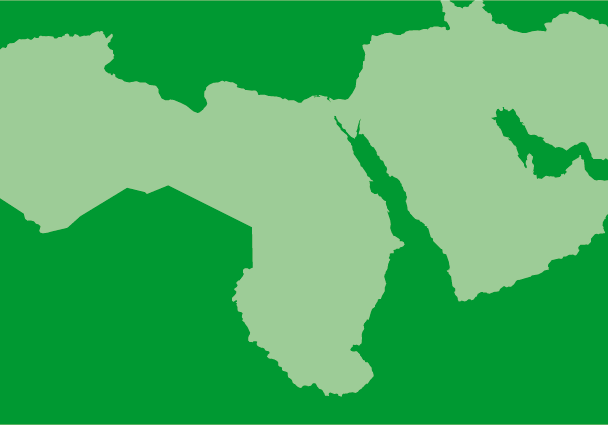
Jun 10, 2013
The ICJ today called on the Human Rights Council to support the recommendations of the Special Rapporteur on the situation of human rights in the Occupied Palestinian Territories (OPT).
In a general debate under Item 7 (human rights situation in Palestine and other occupied Arab territories), the ICJ called for the immediate charging with precise criminal offences, or unconditional release, of Palestinians arbitrarily detained in Israel and the OPT. It characterised the construction, expansion and encouragement of settlements in the OPT as a de facto annexation of Palestinian land and an illegal exploitation of its natural resources. The ICJ also called for meaningful action to hold to account the perpetrators of human rights violations and abuses in the context of activities of business enterprises.
The statement was delivered during the Human Rights Council’s 23rd regular session (27 May to 14 June 2013).
Israel-OPT-HRC23-Item7GD-LegalSubmission-2013 (download full oral statement in PDF)
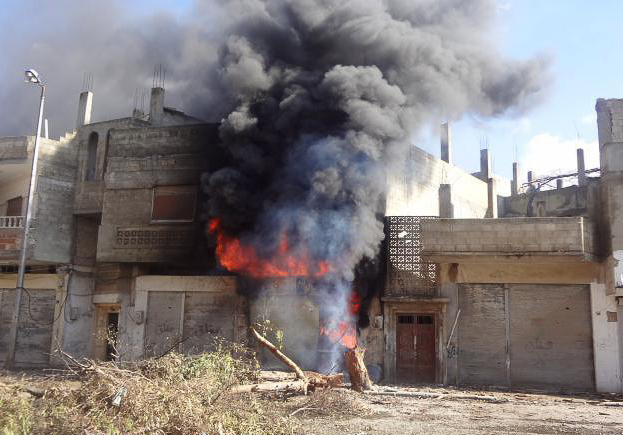
May 29, 2013
The ICJ today addressed the Human Rights Council during its urgent debate on the situation of human rights in the Syrian Arab Republic.
The ICJ again called for the Human Rights Council to request the UN Security Council to take effective measures at its disposal to end the ongoing conflict in Syria and to refer the situation to the International Criminal Court. Drawing attention to continued violence, gross violations of human rights and serious violations of international humanitarian law by government and anti-government forces, the ICJ reiterated its repeated calls for the international community to act and to address the humanitarian crisis.
The statement was delivered during an urgent debate on the situation in Syria held as part of the Human Rights Council’s 23rd regular session (27 May to 14 June 2013). The urgent debate concluded with the adoption of a resolution on the subject.
Syria-HRC23-UrgentDebate-OralStatement-LegalSubmission-2013 (download ICJ’s oral statement in full)
A_HRC_23_L1 (as revised and adopted) (download resolution)
Photo by Freedom House
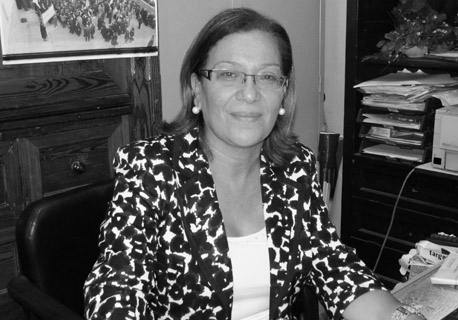
May 3, 2013 | Advocacy, News
Today, the ICJ sent a letter to the Tunisian Minister of Interior and the Minister of Justice requesting them to take immediate action in order to ensure the security and physical integrity of Justice Kalthoum Kennou.
Justice Kalthoum Kennou is a Tunisian judge on the Court of Cassation, President of the Tunisian Association of Magistrates, and ICJ Commissioner.
This call comes as Justice Kennou received a letter containing serious death threats, demanding her withdrawal from the judiciary. Justice Kennou is active in the establishment of an independent judiciary and the protection of human rights.
The ICJ strongly condemns these threats and all acts of intimidation against the judiciary and human rights defenders in Tunisia, and calls on the Tunisian authorities to initiate the necessary investigations and inquiries in order to find, prosecute, and punish the individuals behind these brutal threats.
Tunisia-Lettre Kalthoum Kennou – MoI-advocacy-2013 (full text in pdf)
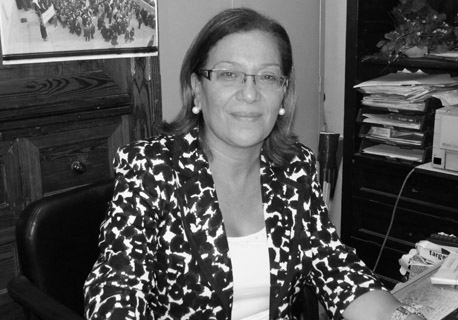
May 3, 2013 | Articles, Nouvelles, Plaidoyer
Aujourd’hui, la CIJ a adressé une lettre au ministre tunisien de l’intérieur et au ministre de la justice pour leur demander de prendre des mesures immédiates afin d’assurer la sécurité et l’intégrité physique du juge Kalthoum Kennou.
Le juge Kalthoum Kennou est un juge tunisien à la Cour de cassation, présidente de l’association tunisienne des magistrats et commissaire de la CIJ.
Cet appel intervient alors que le juge Kennou a reçu une lettre contenant de graves menaces de mort, exigeant son retrait de la magistrature.
Le juge Kennou est active dans la mise en place d’un pouvoir judiciaire indépendant ainsi que pour la protection des droits de l’Homme.
La CIJ condamne fermement ces menaces et tous les actes d’intimidation contre le système judiciaire et les défenseurs des droits de l’Homme en Tunisie.
La CIJ appelle également les autorités tunisiennes à ouvrir les enquêtes nécessaires pour trouver, poursuivre et punir les individus derrière ces menaces brutales.
Tunisia-Lettre Kalthoum Kennou – MoI-advocacy-2013 (Lettre complète en pdf)
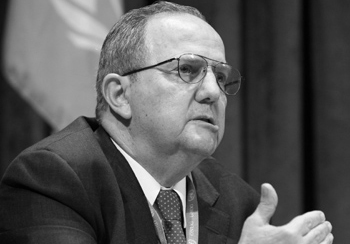
Apr 29, 2013 | News
The Bahrain authorities must fully cooperate with the UN mechanisms and implement the recommendations of the Bahrain Independent Commission of Inquiry (BICI) set up by the Government of Bahrain in June 2011.
The ICJ further calls on the Bahrain authorities to ensure that the recommendations from the UN Universal Periodic Review process in September 2012 are implemented in full and in good faith and, to this end, immediately extend an invitation with specific dates to the UN Special Rapporteur on torture, Juan E. Méndez (photo).
The statement comes as the authorities in Bahrain effectively cancelled a visit of the Special Rapporteur for the second time, a previous visit in March 2012 also having been postponed at the last minute.
“As a former member of the BICI, I find it extremely disappointing that Bahrain has taken this decision for the second time. It keeps dangling the possibility of a visit when it is under pressure to do something about implementing the BICI recommendations,” said Sir Nigel Rodley, President of the ICJ. “One does not have to be a cynic to infer that once the pressure eases – for example, because the Human Rights Council has concluded its review of Bahrain’s human rights performance or the Formula One race is over – it can then withdraw its invitation. I hope the international community will take account of this pattern, when reacting to positive assurances from the authorities. Promises are no substitute for implementation.”
The report of the BICI, published in November 2011, documented numerous cases of torture and ill-treatment.
It further made crucial recommendations for reform so as to prevent these and other violations in the future, including effective investigations into all cases of torture and ill-treatment by an independent and impartial body; the establishment of a standing independent body to examine all complaints of torture or ill-treatment, excessive use of force or other abuses at the hands of the authorities; and the compensation and provision of remedies for all victims.
“The BICI’s recommendations included ones to address the serious problem of torture in Bahrain, a problem I had identified in the 1990s when I held the mandate Juan Mendez now discharges with consummate professionalism. One may perhaps be pardoned for considering that the only threat posed by the visit to the political situation is the fear of what information would be uncovered by the visit,” Sir Nigel Rodley concluded.
Contact:
Said Benarbia, ICJ Senior Legal Adviser of the Middle East and North Africa Programme, t: +41 22 979 3817, e-mail: said.benarbia(a)icj.org
UN Photo/Rick Bajornas









